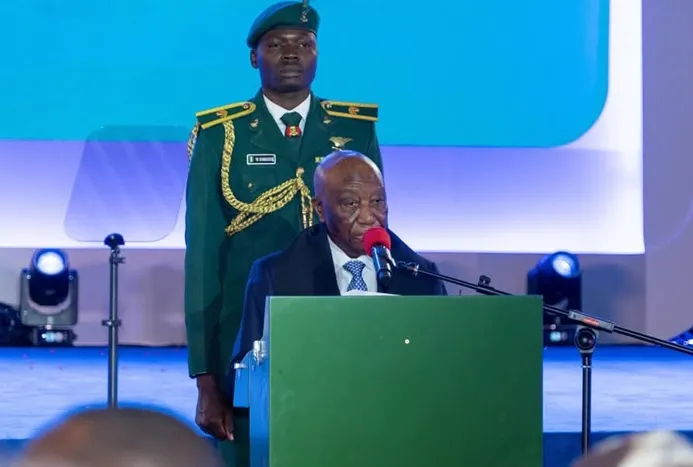
MONROVIA – Liberia’s long-standing struggle with national reconciliation has again come under the spotlight, as the absence of key opposition figures from major state events raises questions about President Joseph Nyuma Boakai’s efforts to foster unity in the country.
Despite enjoying two decades of peace following brutal civil wars, Liberia continues to grapple with deep-seated political and ethnic divisions. Reconciliation has remained an elusive goal, championed but never fully realised by successive administrations.
Former President Ellen Johnson Sirleaf, with Boakai then serving as her Vice President, made reconciliation a cornerstone of her domestic agenda.
Her symbolic appointment of political rival George Weah as peace ambassador failed to achieve lasting unity. In her final address to the nation in 2017, she admitted: “Let me say, straight out, two areas have continued to pose major challenges for our administration: corruption and reconciliation.”
President Weah, who succeeded her, chose not to implement the Truth and Reconciliation Commission’s (TRC) recommendation to establish a tribunal for wartime atrocities, drawing criticism for what many viewed as political expediency.
Now in office, President Boakai has pledged to make reconciliation a major pillar of his administration.
He has honoured this commitment with symbolic actions, including the reburial ceremonies for former Presidents Samuel Kanyon Doe and William R. Tolbert, and the hosting of a national reconciliation programme.
However, notable absences during key national events—such as Liberia’s 178th Independence Day celebration and a national prayer service on July 30—have sparked widespread concern about the inclusivity of his reconciliation drive.
During the prayer event, Senator Edwin Melvin Snowe offered a heartfelt plea: “We ask especially that You give him the grace to forgive, and to act on that forgiveness—not just in words, but in deeds.”
His prayer included a call for Boakai to engage past leaders and opposition figures including George Weah, Ellen Johnson Sirleaf, Jewel Howard-Taylor, Alexander Cummings, and Benoni Urey. Observers say this appeal underlines the critical need for a more inclusive reconciliation effort.
National Patriotic Party Chairman Atty. George Sylvester Mulbah echoed these sentiments, criticising what he called a “lack of a holistic reconciliation process.” He argued that excluding major opposition voices undermines both democracy and national healing.
Although the Boakai administration insists that invitations were extended to all relevant stakeholders, their absence has only intensified public scepticism.
Analysts caution that genuine reconciliation must go beyond symbolism to include tangible actions that embrace all political actors, irrespective of affiliation. Without this, they warn, Liberia risks undermining public confidence in the administration’s commitment to lasting peace and unity.
As the nation confronts its political and economic challenges, the message is clear: reconciliation must be more than words—it must be a national deed.



